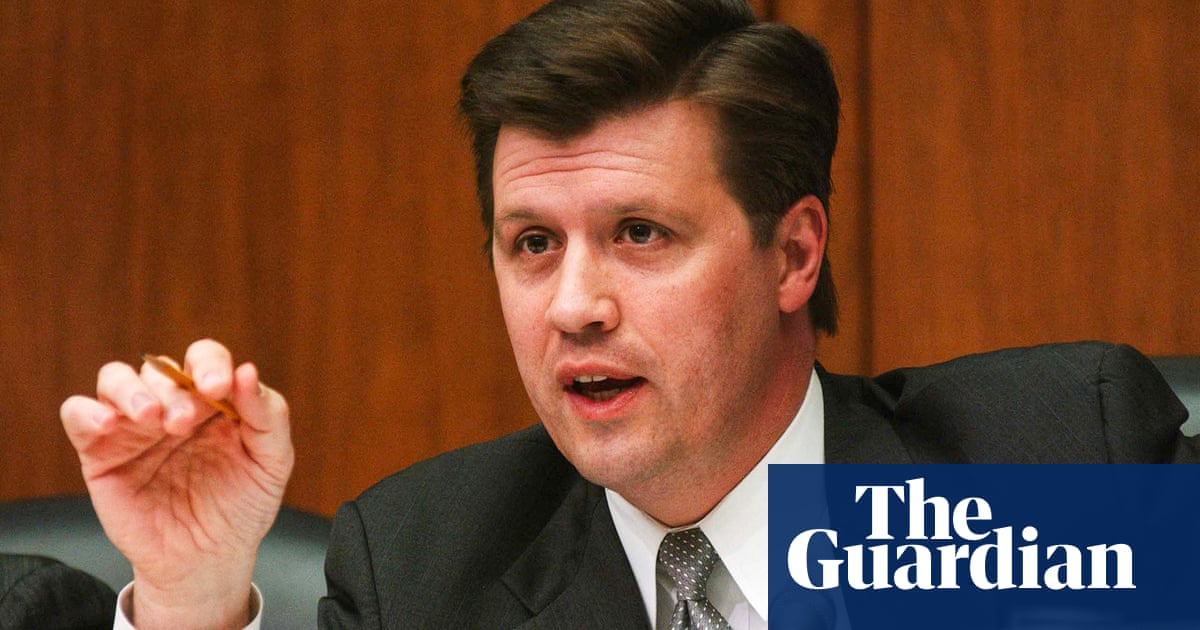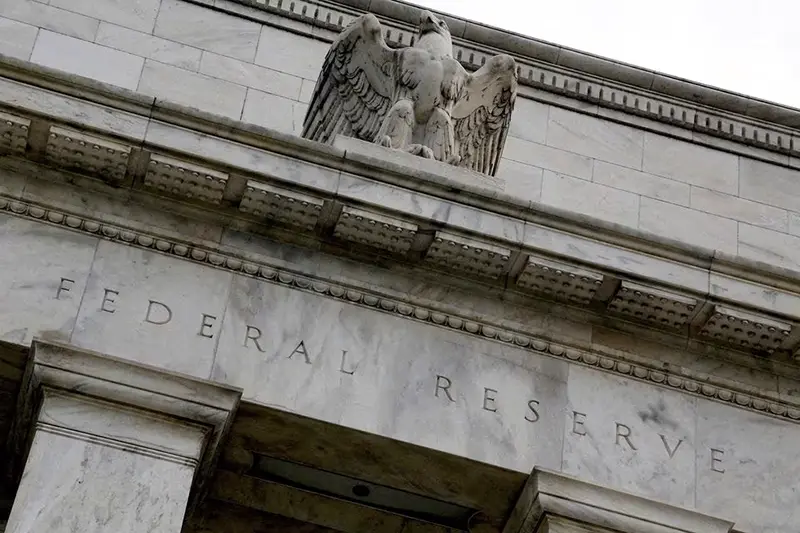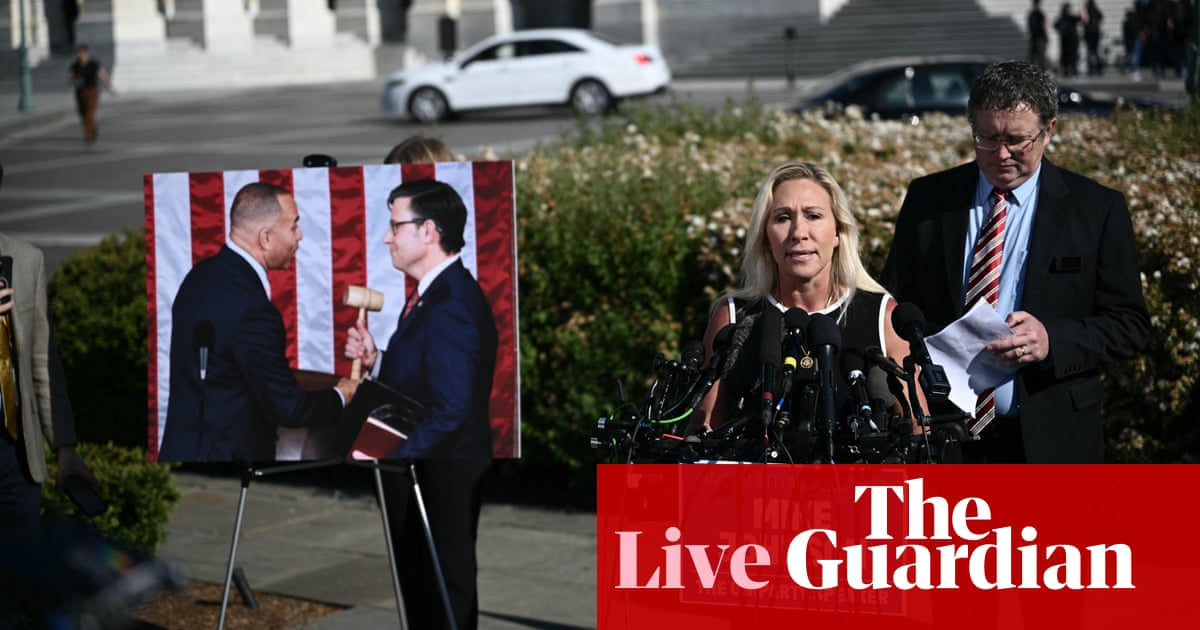Special counsel Jack Smith is palpably frustrated with Judge Aileen Cannon after several confounding rulings — and lengthy bouts of judicial indecision — have threatened to derail his case against Donald Trump for stashing classified secrets at Mar-a-Lago.
The long-simmering tension came to a boil this week in a court filing in which Smith’s team sharply questioned the judge’s willingness to entertain a legal theory that Trump has advanced in a bid to dismiss the case. Prosecutors called the theory “pure fiction,” and their submission featured tartly worded threats to appeal any adverse decision. They also demanded that Cannon decide quickly to prevent her from hamstringing the prosecution on the eve of trial.
Cannon shot back Thursday, revealing her own frustrations with Smith’s team, saying in a prickly order that the demand for a hurried decision was “unprecedented and unjust.”
The strained dynamic between Smith and Cannon — a Trump nominee confirmed by the Senate in 2020 — has in some ways overshadowed the grave felony counts against Trump, who is facing dozens of charges that he hoarded military intelligence in his South Florida home and then tried to obstruct the government from reclaiming those records. The judge’s handling of the case has led to a furious public debate about her intentions and inexperience.
Smith’s supporters have railed against Cannon’s odd and sometimes inexplicable decisions, voicing their own frustrations that Smith hasn’t pushed to get the judge booted from the case.
“It’s clear that she is going in a ridiculous direction,” said Nancy Gertner, a retired federal judge from Massachusetts, who says Smith should move for Cannon’s recusal from the case. “The government could be without recourse after a trial begins. … I don’t even know why they indulged her. … I think they need to stop playing games and move to disqualify her.”
Persuading an appeals court to remove a trial judge is usually a quixotic quest. Appeals courts generally grant that relief only in the most extraordinary circumstances — such as if a trial judge repeatedly defies direct orders from a higher court.
Meanwhile, Trump has moved to capitalize on the obvious tension, heaping praise on Cannon — a “highly respected Judge,” he intoned on his social media platform,Truth Social, Thursday morning. Smith, Trump said, is “obviously trying to ‘play the ref,’” a comment he made while employing the same tactic for which he had just criticized the special counsel.
At the heart of the matter is Cannon’s unusual stewardship of one of the most important criminal cases in American history. In her short tenure as a judge, the former federal prosecutor has presided over only a handful of criminal trials, and certainly none as fraught, complex and closely scrutinized as this one.
Ten months into her supervision of United States v. Trump, her decisions — and non-decisions — have led to a tangle of confusing orders and unresolved conflicts. Huge swaths of the case have been walled off from the public while Cannon has spent weeks contemplating Smith’s demand for redactions to protect witness identities.
And perhaps most bizarrely, Cannon has not even completed what is typically a straightforward scheduling matter: setting the case for trial. Both sides agree that Cannon’s current trial date of May 20 has to be pushed back. But it’s been over a month since she heard arguments about a new trial date, and she’s been mum ever since.
The foot-dragging threatens to imperil the whole case, because if Trump is elected while a trial is still pending, he will almost certainly shut it down by ordering the Justice Department to drop the charges.
And even if Smith succeeds in getting the trial on track before November, Cannon’s critics worry that she will unilaterally pull the plug on the case before it reaches a jury.
‘Very odd approach’ to a critical legal question
The latest clash between the judge and prosecutors came over Trump’s aggressive interpretation of the Presidential Records Act, a post-Watergate law that governs federal recordkeeping and allows presidents to retain certain “personal” documents, such as diaries, from their terms in office. Trump has argued that the law empowered him to send a slew of classified material to his home.
At a mid-March hearing, Cannon signaled she was likely to reject Trump’s effort to dismiss most of the case under that theory. But days later, instead of issuing a ruling, Cannon asked both sides to submit competing jury instructions based on scenarios she had seemed poised to reject.
“I am not a conspiracy theorist and I don’t want to say this is being done to intentionally delay the way that the case is moving along, but the longer this drags out it seems that way,” said David Weinstein, a former federal prosecutor from South Florida.
Smith’s team complied with Cannon’s request, but only after a lengthy preamble in which the prosecutors said her proposed scenarios were based on fundamental errors of law and built on a fictional premise that Trump concocted a year after departing the White House. Virtually every sentence in the filing was couched with a disclaimer that the proposed instructions rested on faulty premises.
Some of the filing painted Trump’s legal position as so absurd that Cannon entertaining it would render the trial a farce. And the prosecutors took the unusual step of warning Cannon repeatedly that they could pursue a rare, pretrial appeal if she sided with Trump.
Some experts found the repeated threats of appeal, and the entire tone of the government’s brief, unusually combative.
“This is more aggressive than prosecutors typically are with federal judges (likely because federal judges usually rule in their favor) and reflects a level of frustration with Judge Cannon’s very odd approach to this issue,” former federal prosecutor Ken White said via email.
On Thursday, just 40 hours after Smith filed his brief, Cannon issued a terse decision rejecting Trump’s bid to toss the charges — sort of. The charges remain intact for now, but she left open the possibility that Trump could resuscitate the Presidential Records Act defense at trial. And she scolded Smith’s team for demanding that she quickly declare her intent about jury instructions on the issue.
Part of the reason the issue has become so contentious is that Trump’s defense may rise or fall based on Cannon’s ultimate interpretation of the Presidential Records Act.
“The legal issue that the judge is struggling with is potentially dispositive,” said former federal prosecutor Brandon Van Grack. “If she sides with the government, it is unclear what the defense would be then.”
Van Grack acknowledged that Trump’s lawyers have offered other defenses, like claiming that the Espionage Act is too vague to enforce against him, but said the Presidential Records Act argument seems like the one where Trump’s attorneys think they have the best chance of winning the judge to their side.
A backlog of motions and an uncertain schedule
Cannon’s management of the case has also featured jarring gaps in action. In addition to failing to announce a realistic trial date, she has allowed a long list of pretrial motions to pile up. She did hold a hearing recently on a couple of them, but she has not signaled when the others will be argued, much less decided.
The case has languished so long that it now faces a genuine complication: Trump’s looming criminal trial in New York state court for allegedly orchestrating a hush money scheme to cover up an affair with a porn star. That case is set to begin April 15 and could stretch into June.
And Trump has repeatedly pitted one case against the other as he seeks delays in all of them. His lawyers have told Cannon that Trump cannot prepare for a Florida trial — or attend pretrial hearings there — while sitting for weeks in a Manhattan courtroom.
Trump’s other two criminal cases, meanwhile, have no trial dates. His federal election case is on hold while the Supreme Court reviews his claim of “presidential immunity,” and his Georgia election case was sidetracked by allegations of prosecutorial misconduct. But if either of those two cases get trial dates this summer or fall, the window of opportunity for the classified documents trial to occur before Election Day will close even further.
Cannon, for her part, has not addressed her many critics, or even given much insight into her plans for the case. The few written decisions she has issued are typically short and packed with virtually impenetrable legalese.
The judge, however, did once seem to bristle at the suggestion that her management of the case has been sluggish.
At a March 1 hearing, she told one of Smith’s prosecutors: “I can assure you that, in the building, there’s a good deal of judicial work going on.”

 German (DE)
German (DE)  English (US)
English (US)  Spanish (ES)
Spanish (ES)  French (FR)
French (FR)  Hindi (IN)
Hindi (IN)  Italian (IT)
Italian (IT)  Russian (RU)
Russian (RU) 























Comments